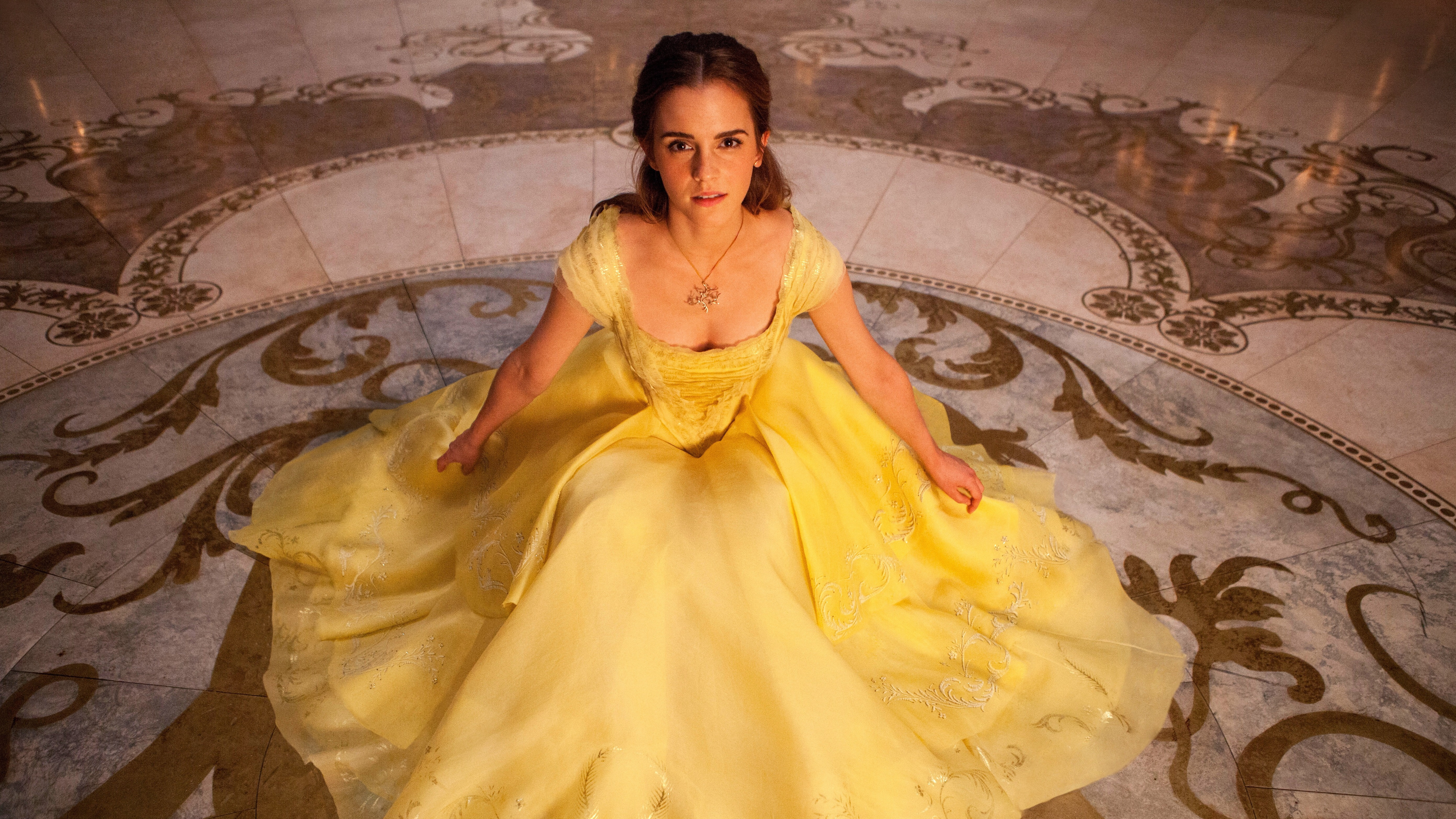From Hermione Granger to Meg March, explore Emma Watson’s most memorable roles in this list of her 15 greatest movies ever made.
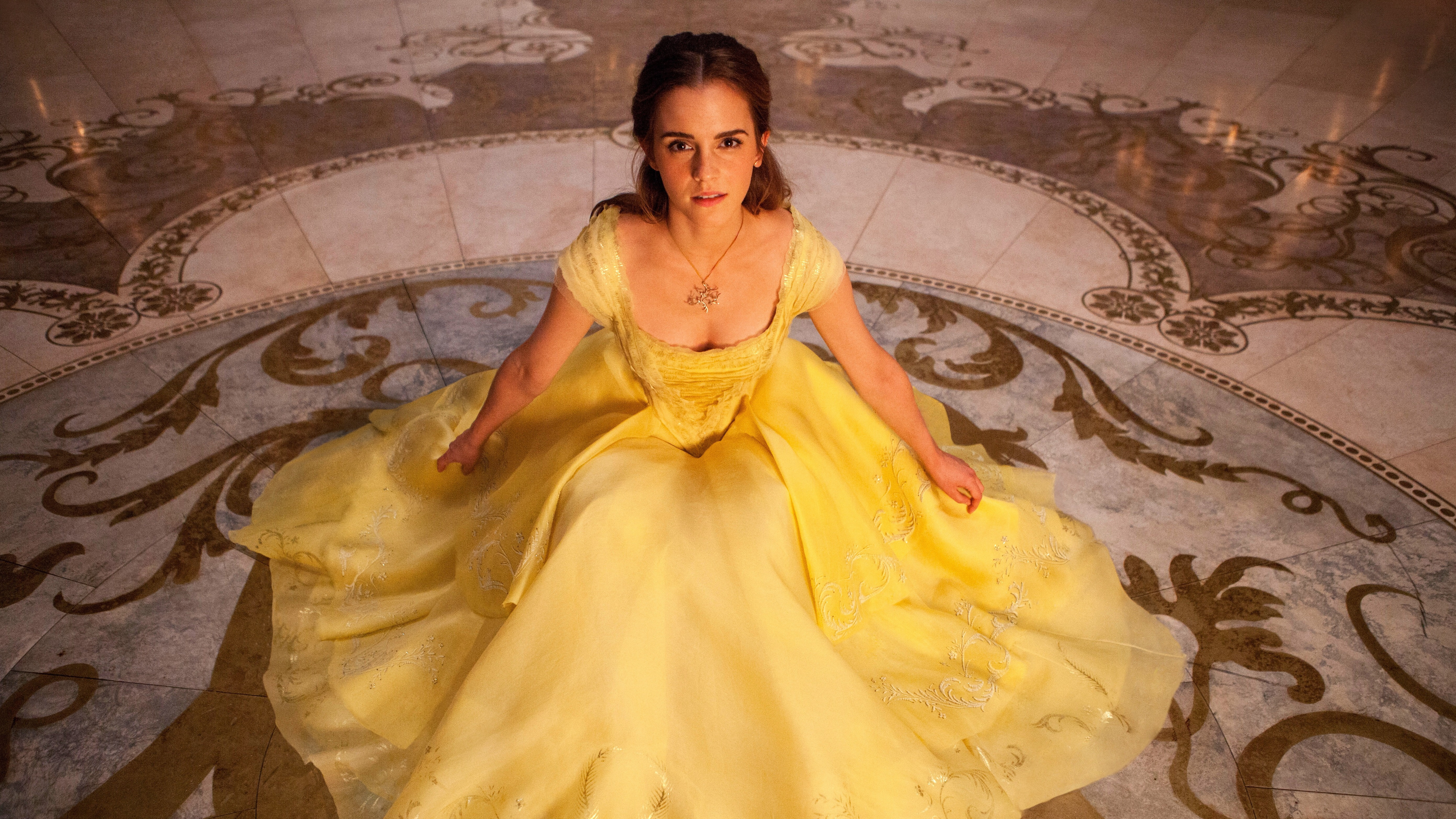
Emma Watson has captivated audiences for over two decades with her intelligence, grace, and undeniable talent. Rising to global fame as Hermione Granger in the Harry Potter series, she quickly proved that her abilities extended far beyond the walls of Hogwarts. From powerful dramas and literary adaptations to independent films and blockbuster hits, Watson’s filmography showcases both her versatility and her commitment to meaningful storytelling.
In this list, we’ll explore the 15 best Emma Watson movies of all time, highlighting the performances that defined her career and the roles that cemented her as one of the most beloved actresses of her generation. Whether you’re a lifelong fan or just discovering her work, these films are must-sees for anyone who appreciates strong performances and inspiring female leads.
15. Ballet Shoes (2007)
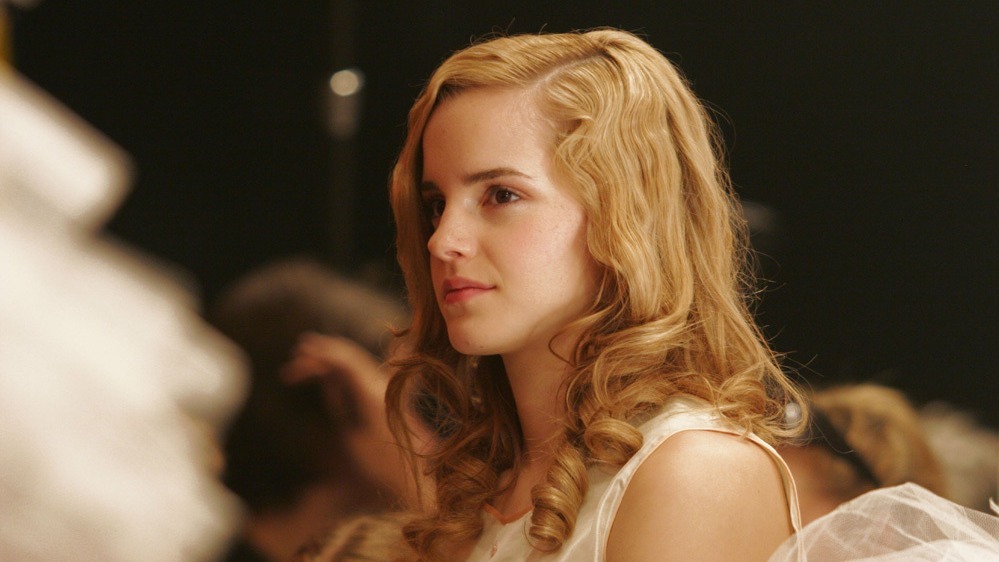
Even after Hermione had already made her a household name, Emma Watson took a turn in BBC’s Ballet Shoes and showed a softer, stagey side that surprised some fans. She inhabits Pauline Fossil with quiet resolve – earnest, hopeful, and rooted in the small dramas of a found family pursuing big dreams. The film leans into 1930s stagecraft: rehearsals, auditions, and the little humiliations that come before triumphs. It’s the sort of part that proves Watson could carry emotional nuance outside a franchise set. If you want a compact, comforting period piece that highlights her early range, this one fits. Short, warm, and oddly charming.
14. My Week with Marilyn (2011)
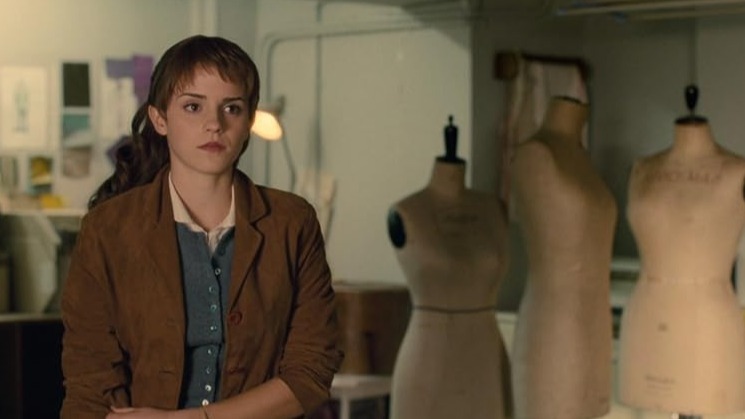
Small roles can be deceptively powerful, and Emma’s Lucy in My Week with Marilyn proves exactly that. She doesn’t try to outshine Michelle Williams, but she steadies the film’s world with an understated, sympathetic presence. Set amid 1950s film-set glamour, the story explores fame’s cost while Watson’s scenes add a human anchor to the spectacle. Her listening, the tiny reactions, and the plainness of Lucy make the more dramatic moments land harder. It’s a supporting turn that lends emotional ballast to a star-centric story. Short, stylish, and quietly effective.
13. This Is the End (2013)
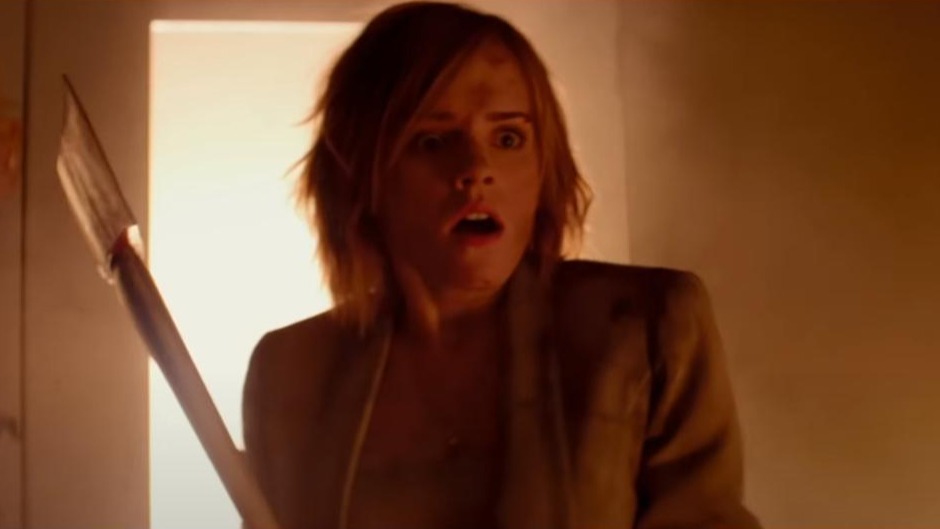
Imagine a celebrity apocalypse and then imagine Emma Watson casually joining the joke – that’s the energy she brings to This Is the End. Her cameo is crisp and self-aware; she clearly understands how to play “Emma Watson” as a bit and pull a laugh. The movie delights in celebrity caricature and gross-out set pieces, and her deadpan moments cut through the chaos. It’s brief, ridiculous, and oddly satisfying to see her willingly poke fun at the industry. If you need evidence she doesn’t take herself too seriously, this cameo is it. Pure, silly, crowd-pleasing carnage.
12. The Bling Ring (2013)
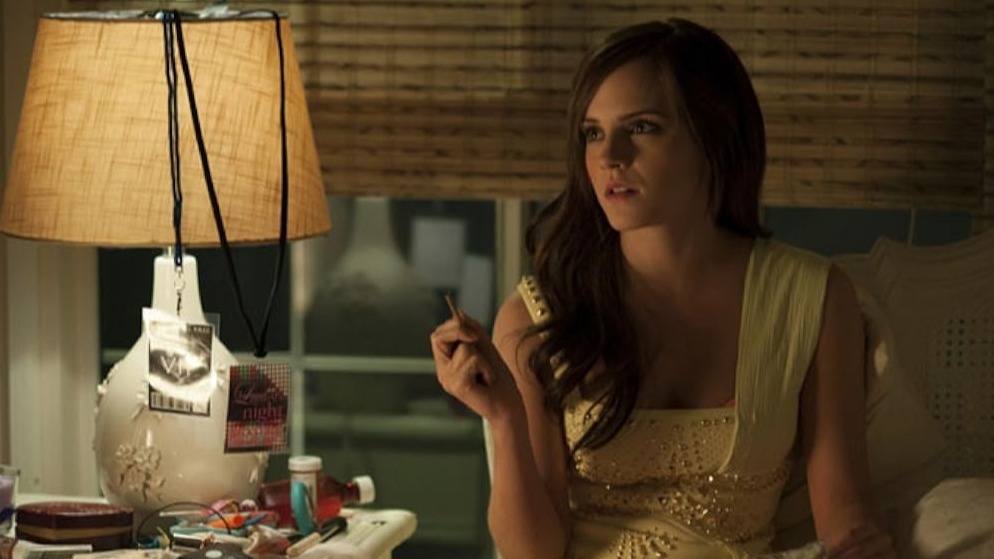
Sofia Coppola’s The Bling Ring dresses moral collapse in pastel and makes it look terrifyingly tidy, and Emma Watson fits that aesthetic like a polished prop. As Nicki, she conveys the hunger for status beneath the surface glamour – enviable on camera, anxious off it. The film’s glossy images of shopping sprees and celebrity loot feel like an indictment of attention-seeking culture. Watson resists being likable for sympathy’s sake, which is the point: these kids are stylish, bored, and morally numb. The result is a hypnotic, critical portrait of fame’s shallow appeal. Stylish, uncomfortable, and uncomfortably relevant.
11. Harry Potter and the Half-Blood Prince (2009)
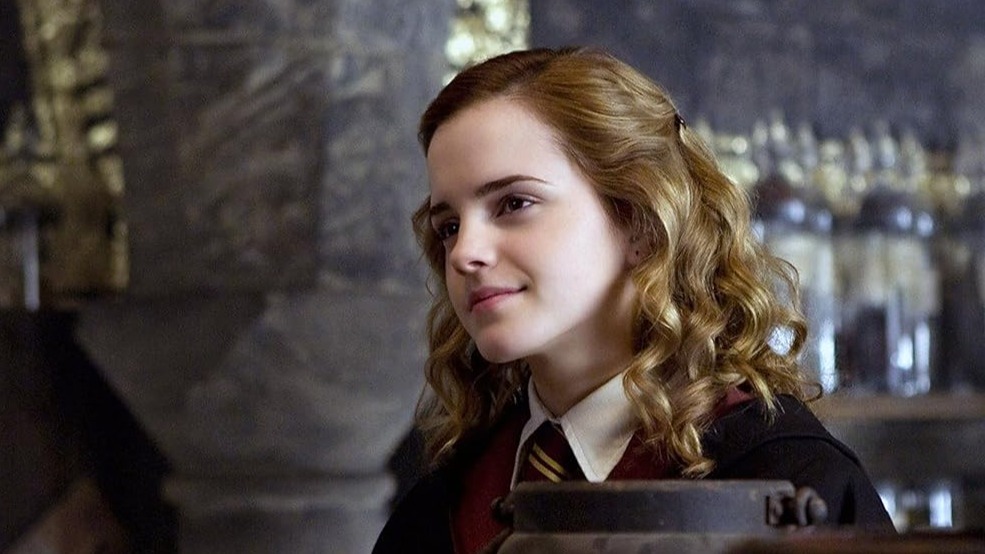
By the sixth entry the franchise grows darker, and Emma Watson’s Hermione grows with it – less one-note brainiac, more emotionally complex friend and moral compass. She handles heartbreak, anger, and fierce loyalty in ways that feel earned rather than performative. The film leans into loss, secrets, and the strain of preparing for a larger war, and Hermione’s reactions help ground that weight. Watson balances intelligence and vulnerability, giving the role deeper texture than earlier installments. It’s a turning point: the series matures, and so does her performance. Darker, deeper, and dramatically necessary.
10. Harry Potter and the Order of the Phoenix (2007)
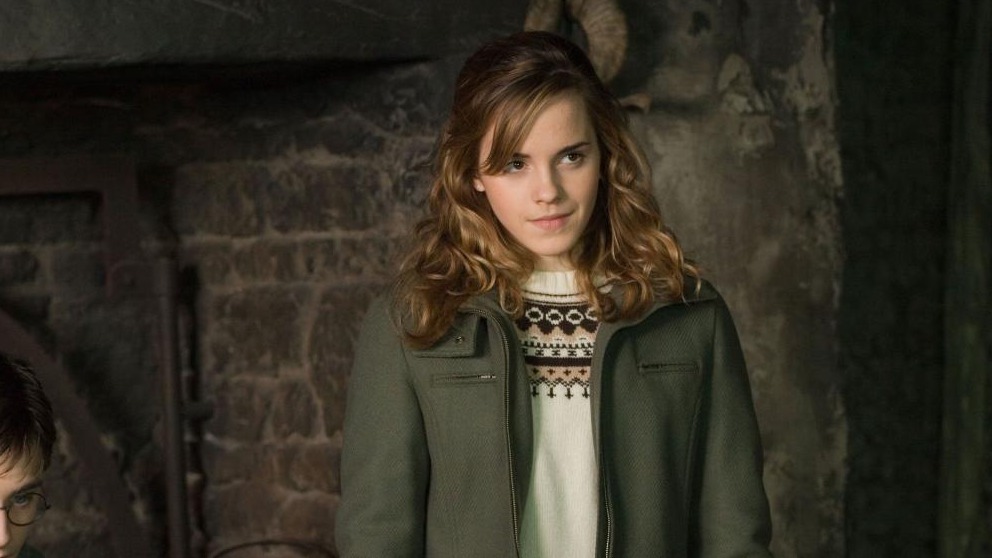
This is where the Harry Potter series really starts leaning into its shadows. In Harry Potter and the Order of the Phoenix, Emma Watson’s Hermione isn’t just the voice of reason – she’s carrying anxiety, anger, frustration, and moral clarity all at once. The Ministry of Magic’s denial of Voldemort, the formation of Dumbledore’s Army, Umbridge’s reign of pink terror – everything challenges Hermione’s values and loyalty. Visually darker, emotionally heavier, this film demands more from its characters, and Watson delivers – wielding brains and heart in equal doses. It’s not just another school year – this one changes everything. If you want proof Hermione matures, this is a top contender.
9. Harry Potter and the Goblet of Fire (2005)
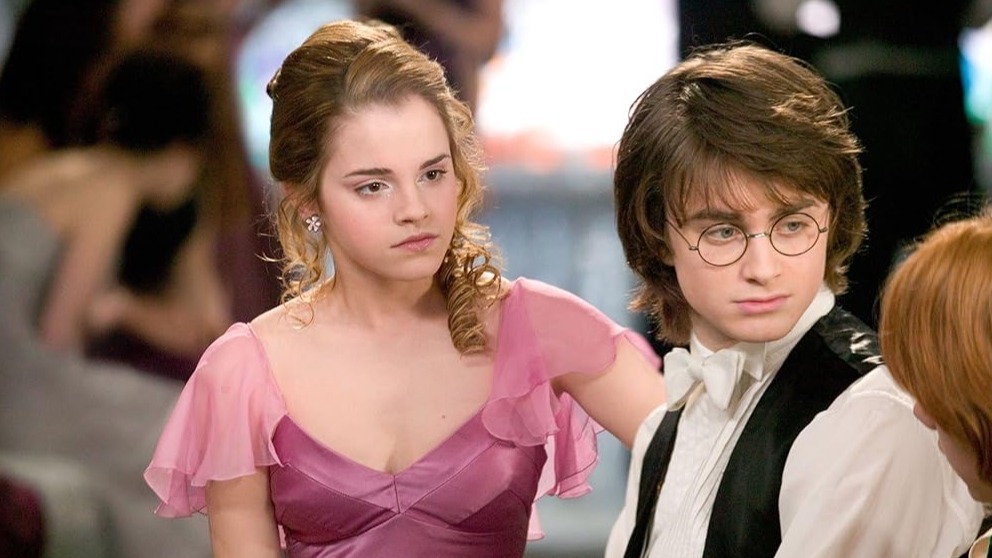
Triwizard Tournament madness, dragons, underwater rescues, and then – plot twist – Voldemort. Goblet of Fire asks more of Hermione too: she’s not just helping Harry; she’s wrestling with the cost of being brilliant, loyal, and guilt-prone. Emma Watson balances the awe of competition with sharp insights: in debates (Barty and Rita), in rivalry (when others doubt), and when fear takes over. The film’s scale expands – international wizarding schools, exotic tasks, darker magic – and Hermione’s integrity remains the anchor. It’s spectacle meets stakes, with Emma shining in both. If you want pomp and peril with a moral backbone, this is where the Potter saga glows brightest.
8. Harry Potter and the Deathly Hallows: Part 1 (2010)
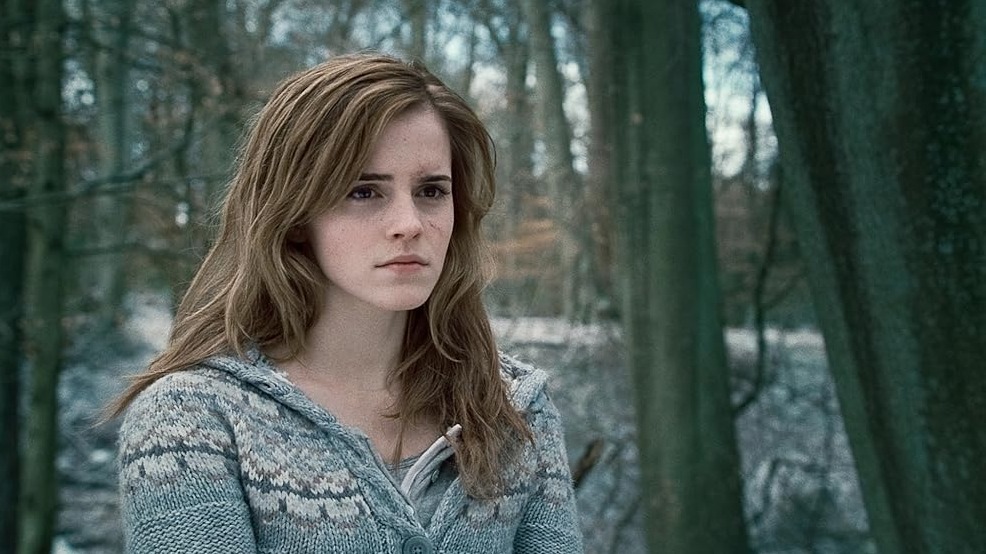
Finally, the end begins in Deathly Hallows: Part 1, and Emma’s Hermione is thrust into survival mode, grief, and heartbreak – no more classroom safety, just Horcrux hunts across bleak landscapes. The film tests her cleverness (wand use, breaking into Gringotts), stamina (hiding, walking, hiding again), and courage (no illusion: there’s fear). Watson turns Hermione’s emotional burden into something visible – her worry for Harry, her internal conflict about love, her resolve. Atmospheric, raw, and slower-paced in all the right ways – it amplifies tension by doing less, in some moments. If you’ve only seen her in comfortable settings, this is a dramatic sharp left turn.
7. Harry Potter and the Prisoner of Azkaban (2004)
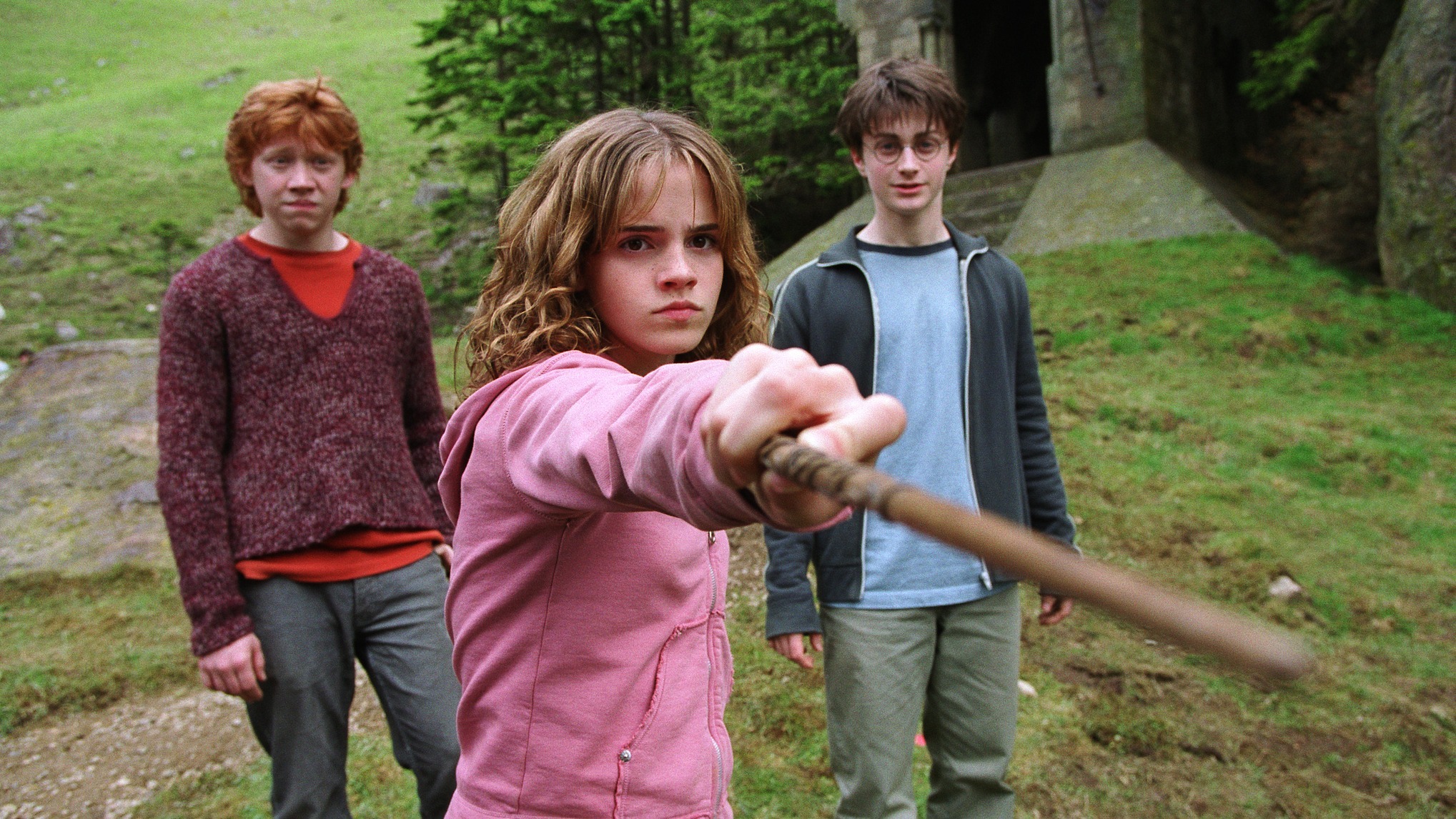
When Prisoner of Azkaban arrived, everything felt a little unsettled – in good ways. Under Alfonso Cuarón’s direction, the scenery, tone, magic all murkier, more mature. Emma’s Hermione still has school duties, exams, and friendships, but she’s also dealing with fear, loss, and strange time-twists. Her emotional intelligence shows: how she supports Harry, how she questions adults, how she processes horror without collapsing. Magical creatures like Dementors and time-turners bring psychological weight; Hermione doesn’t just cast spells, she endures shadows. This film marks the moment the world around Hermione stops being predictable.
6. Harry Potter and the Chamber of Secrets (2002)
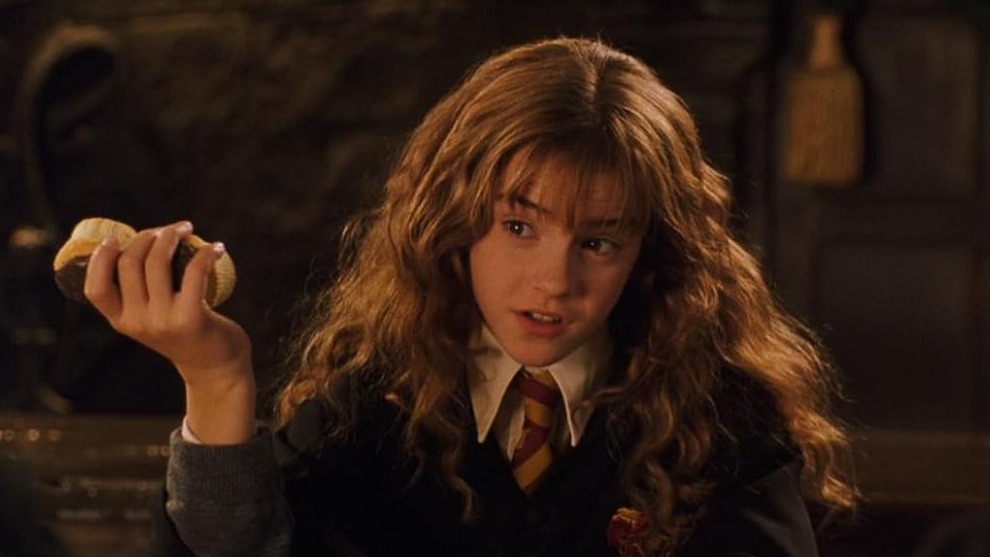
The second year at Hogwarts feels both familiar and uncanny in The Chamber of Secrets, and Emma Watson’s Hermione is key to bridging the curious and the heroic. She’s not only the know-it-all in charm but also one of the bravest, searching libraries, taking risks. The film mixes monster fears, slithering corridors, and moral puzzles; Hermione is often the puzzle-solver when everything else feels monstrous. Her loyalty to Harry and Ron is tested, but she keeps pushing, whether it’s against stereotypes or literal basilisk fangs. It’s lighter than what comes later, but brimming with courage and smarts. A vital building block in her evolution.
5. Harry Potter and the Sorcerer’s Stone (2001)
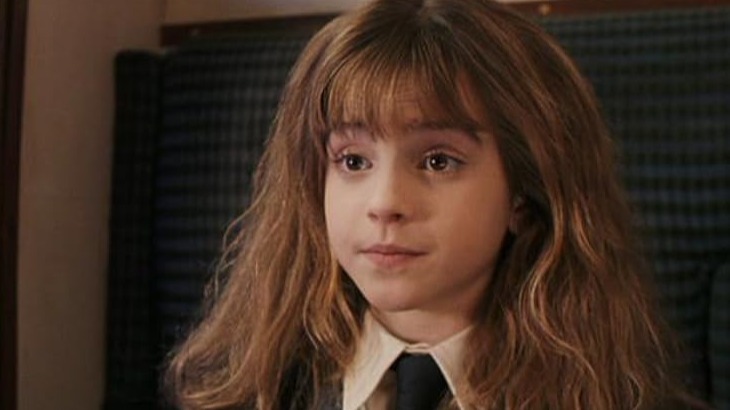
The movie that started it all: Harry Potter and the Sorcerer’s Stone introduces us to Hogwarts, to magic in staircases, talking portraits, giant trolls, and to Emma Watson’s Hermione – bookish, bold, brave from the first. What makes this film stick isn’t just the magical world-building or John Williams’ soaring score; it’s the innocence and wonder in its young leads, especially Watson, guiding us gently yet confidently into this new universe. She may still be learning the spells, but the moral backbone she shows even here – loyalty, fairness, curiosity – lays the foundation for everything that follows. Technically, it adds up: lush sets, vivid costumes, and the kind of visual charm that makes fantasy feel warmly possible. Even if some effects have aged, it remains a powerfully sentimental opening to a saga. Nostalgia rides shot-by-shot.
4. Harry Potter and the Deathly Hallows: Part 2 (2011)
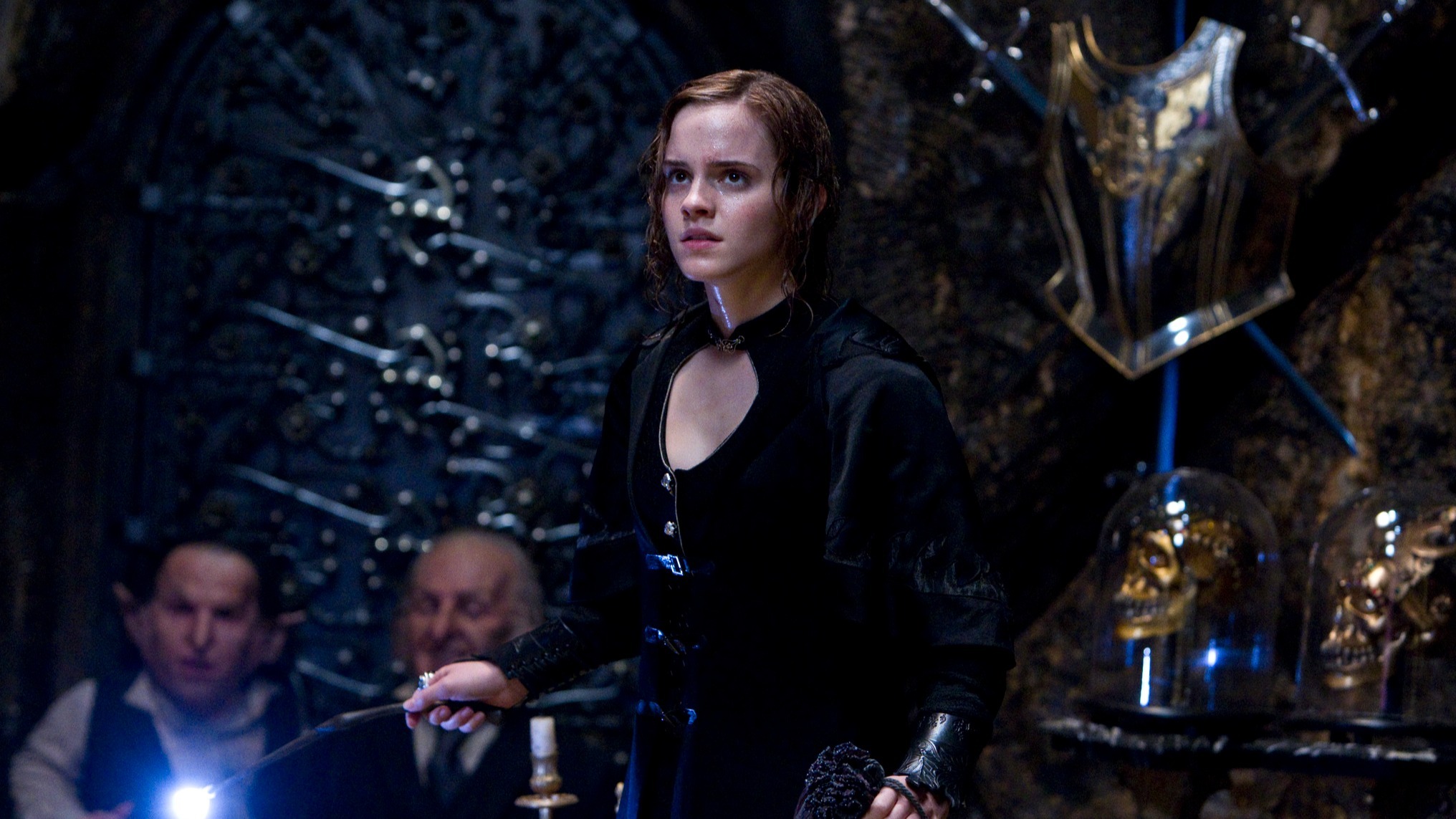
When things go big, they go really big in Deathly Hallows: Part 2. This film wraps up a decade-long journey, and Emma Watson’s Hermione doesn’t just act like she’s in a blockbuster – she is one of the pillars holding its heart. Battle after battle, loss piling upon loss, she’s not perfect, but her courage, her grief, her relentless love make the climactic scenes hit with real weight. The visual spectacle – Hogwarts under siege, magic glowing, sacrifice everywhere – could’ve swallowed everything, yet Watson’s Hermione remains a moral center. It’s emotionally draining at times, in a good way, the kind of movie where you want to blink but don’t because you don’t want to lose even a moment. Exhilaration, closure, heartbreak – and a bit of triumph.
3. Beauty and the Beast (2017)
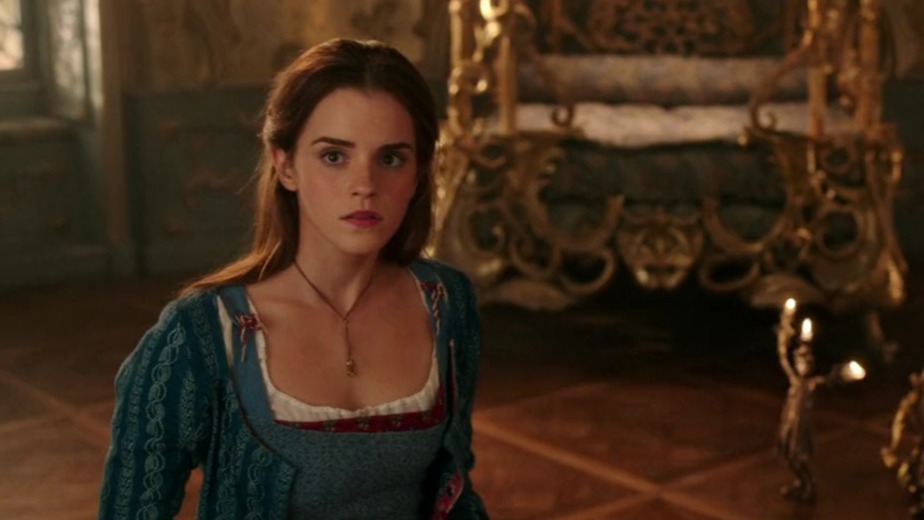
Belle gets a whole new live-action life in Beauty and the Beast, and Emma Watson steps into that blue dress and those book-loving shoes with charm, intelligence, and an awareness of the fairy-tale baggage she’s embracing. The film leans extravagant: ballroom dances, CGI teacups, enchanted castle, magical roses – and Watson holds her own amid the sugar and spectacle. While critics quarrel over remakes, her Belle feels less like a carbon copy and more like someone trying to bridge tradition and modern values: fierce, kind, curious. The musical numbers are lush, the visuals ornate, and the emotional stakes (freedom, love beyond appearances) still resonate. If you want her outside the wizarding world, singing with candlesticks included, this is where she shines. Big, bold, romantic, but never loses her own light.
2. The Perks of Being a Wallflower (2012)
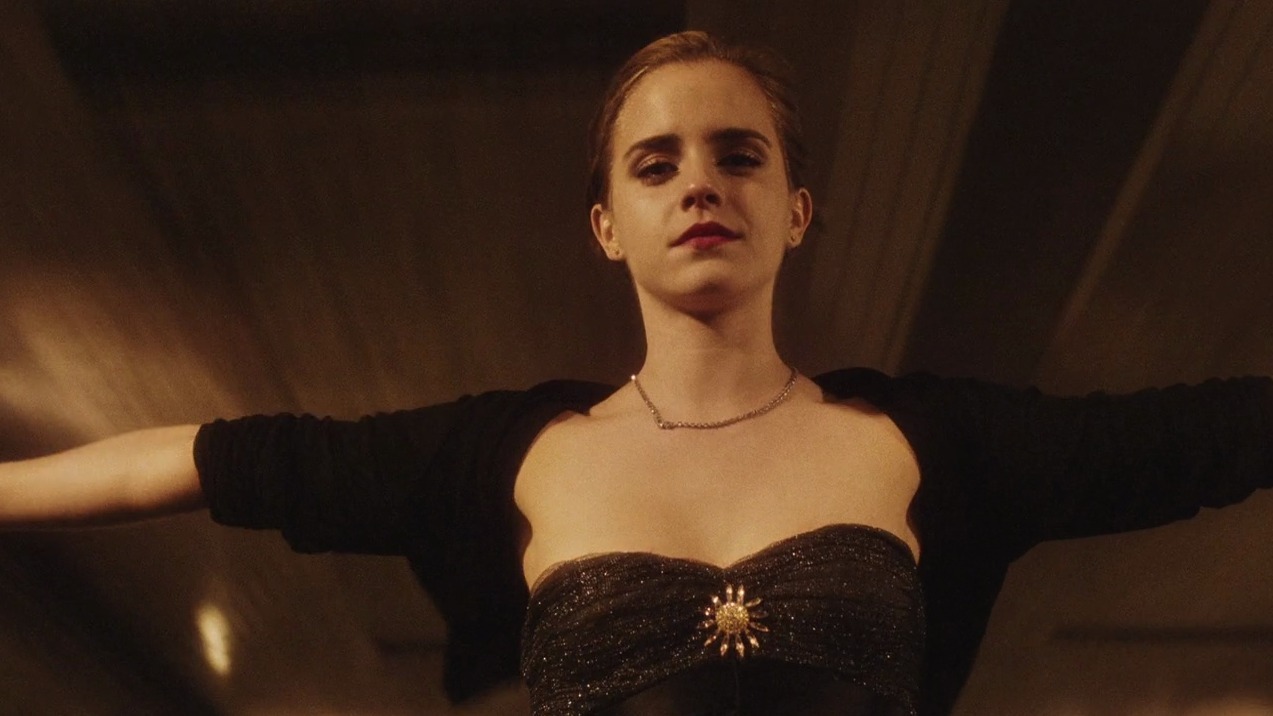
This one feels like summer memories distilled – awkwardness, friendship, first heartbreak, safety in unexpected alliances. The Perks of Being a Wallflower shows Emma Watson in a role far removed from wizards and princesses; she’s Sam, someone caught between youth’s enthusiasm and emotional scars. Her warmth, empathy, and the moments she lets herself be flawed make Sam believable. The film isn’t perfect: some narrative shortcuts, some pangs of melodrama – but those are part of the texture, especially when the heart is involved. Beautifully scored, nicely paced, and often quiet when it needs to be loud in feeling. If emotional authenticity is what you’re after, this is probably her most human performance.
1. Little Women (2019)
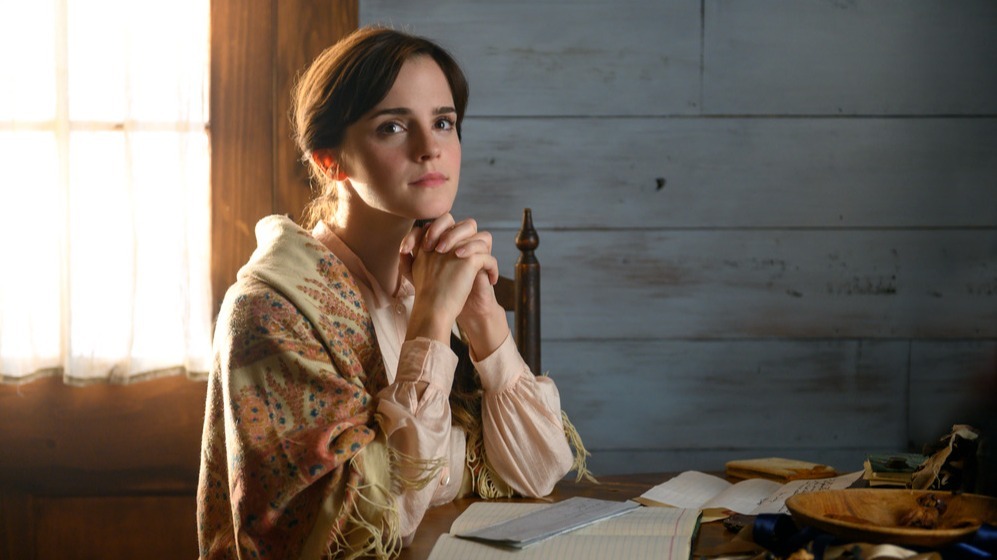
Topping the list is Little Women, and for good reason: this version not only reimagines a classic but gives Emma Watson’s Meg March layers of complexity she often didn’t get in earlier versions. She’s not just the eldest sister with societal expectations; you see ambition, regret, the tug between family and self, the small-failures and big hopes. Greta Gerwig’s direction, the lush period detail, the alternating timelines – these all give the story texture, and Watson steps into that with a quiet command. She’s surrounded by an ensemble of heavyweights and rising stars, but she never fades; there’s a dignity in her restraint, a warmth in her smiles, a heartbreak in her compromises. This film is about growth in all its messy beauty – and Watson’s performance helps make it feel alive, relevant, and deeply moving.


































